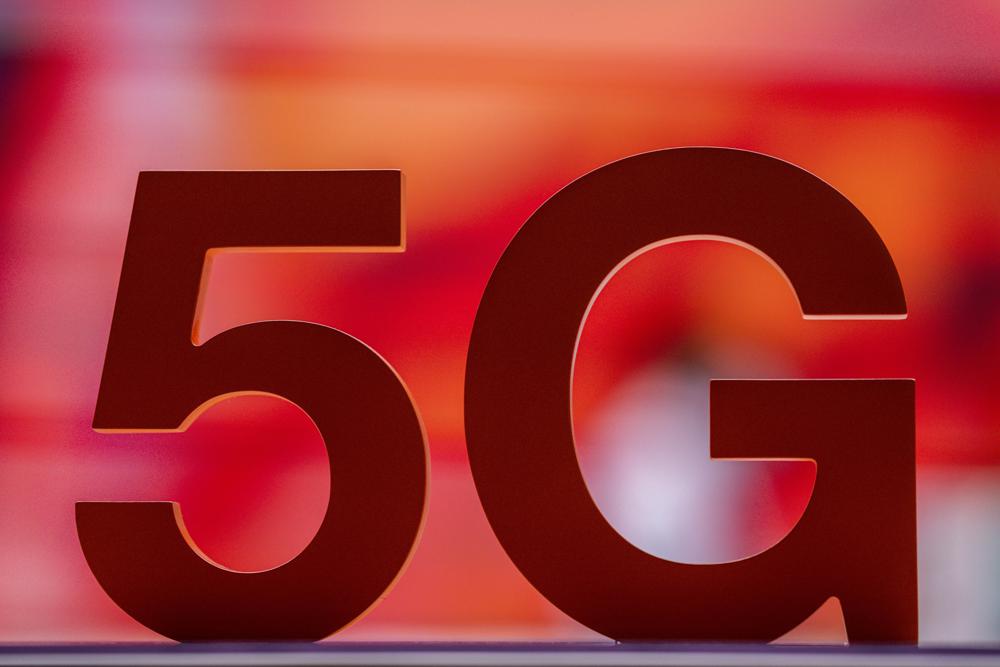
While the United States struggles with the 5G rollout, which is impacting airlines, a European Union watchdog warned on Monday that unless member countries cooperate more, the European Union will face even greater economic and security dangers.
A special assessment on the 27-nation bloc’s preparedness for 5G, the fifth and next generation of wireless communications, raises the alarm. 5G is expected to usher the world into a new digital era marked by higher technological advancements as well as weaknesses.
The European Court of Auditors’ analysis has a two-pronged message: Europe is falling behind North America and Asia in the deployment of 5G networks, and the European Union has to tighten up its plan to address the associated national-security issues.
“There are significant delays in member states’ implementation of 5G networks, and additional measures are needed to address security vulnerabilities in 5G deployment,” according to the ECA’s 69-page report.
The launch of 5G telecommunication services in the United States has prompted airlines to express concerns about possible interference with plane navigation equipment and flight interruptions.
Because of its increased data capacity and transmission rates, the globe is hurrying to develop 5G infrastructure, which promises to alter everything from automobile driving and cattle farming to sports broadcasting and products manufacturing.
According to the ECA, EU members are moving too slowly in this race with enormous economic consequences because they have failed to do things like assign radio airwaves for 5G services.
According to the report, a majority of the bloc’s member states are on track to miss a 2025 deadline for ensuring continuous 5G coverage in urban areas and along critical transportation corridors.
According to a telecoms industry research quoted by the ECA, only 35 percent of all mobile connections in Europe would be based on 5G by mid-decade, compared to 51 percent in North America and 53 percent in Australia, Japan, Singapore, and South Korea. China, Hong Kong, Macau, and Taiwan are expected to account up 48 percent of global GDP in 2025.
As a result, most EU countries may fall short of a more ambitious shared objective for 2030: making 5G services accessible to all sectors of the population.
“There is a considerable risk that a majority of member states will miss the 2025 target — and thus the 2030 goal for coverage of all populated regions,” the ECA stated.

Post Your Comments